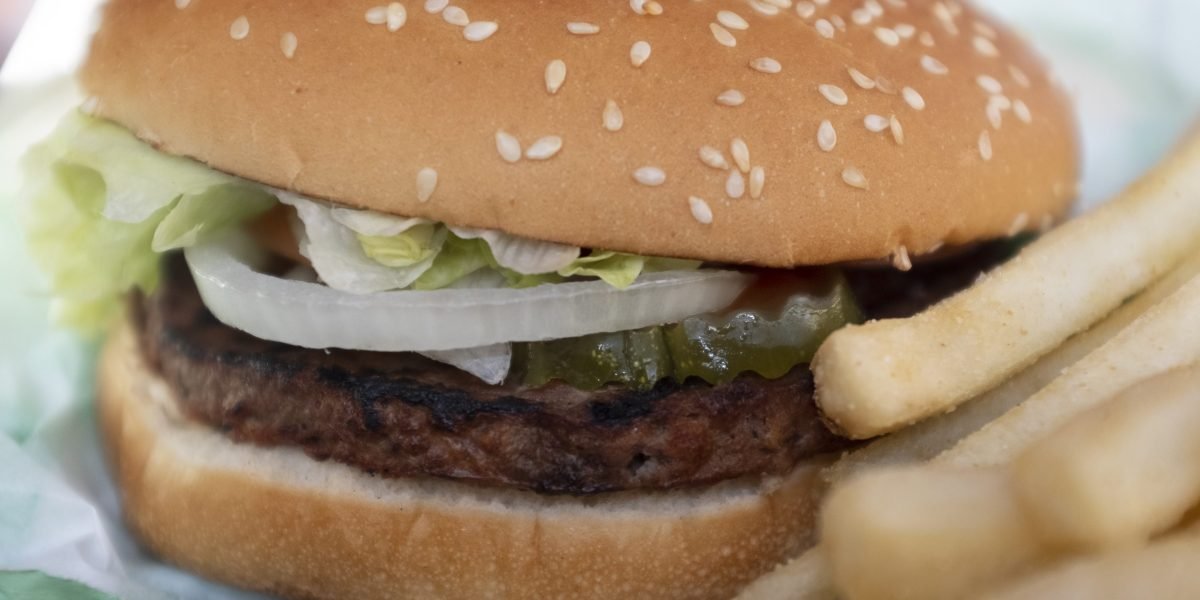Not too long ago, vegan and plant-based offerings at fast-food restaurants seemed like the wave of the future. Now, they’re starting to look like a relic of the past.
“It’s not a big part of the current focus,” said Josh Kobza, chief executive officer of Restaurant Brands International Inc., the parent company for Burger King. The chain made headlines in 2019 when it became the first major national fast food chain to put an alt-meat burger, the Impossible Whopper, on its regular menu.
Kobza said demand for plant-based options is stable, but added the chain is unlikely to expand such offerings in the US in the near term. Instead, it will focus on what Kobza described as “core” elements of the Burger King experience, such as flame-grilled burgers. Plant-based options are selling better internationally, he said, particularly in Western Europe, but there’s “no big change in the trends.”
While Impossible Foods Inc. supplies the patties for Burger King’s US restaurants, its use of genetically-modified ingredients has kept it out of European markets. Burger King uses different suppliers internationally.
The Impossible Whopper, made with a soy-based vegan patty, was lauded by environmental advocates at the time as an example of a plant-based solution to meat heavy diets. Animal agriculture is estimated to cause nearly 15% of man-made greenhouse gases. But to have any impact on emissions, sales of plant-based products would have to grow significantly.
On the bright side, even stable sales are good news for plant-based meat producers at the moment, given waning consumer interest. On Thursday, Beyond Meat said demand for its faux meat products was weaker than expected, causing it to reduce full-year revenue forecast for the second time in three months. Market-data trackers have reported declining sales across the category.





